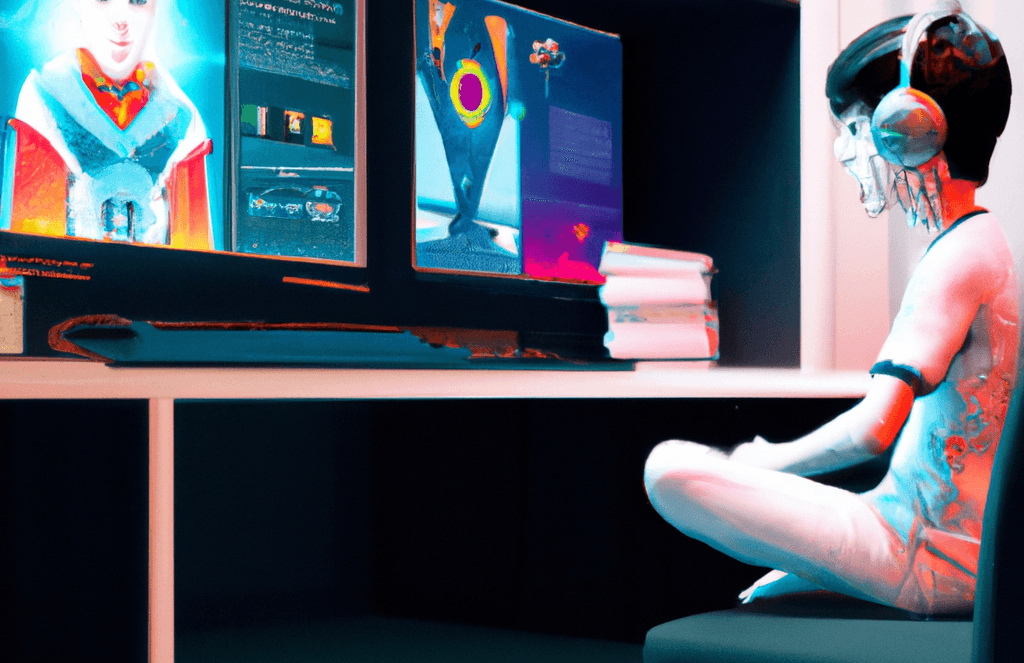Table of Contents
Introduction
In today’s rapidly evolving world, technology has become an integral part of our daily lives. From smartphones to smart homes, it has revolutionized the way we live, work, and learn. In the field of education, the use of Artificial Intelligence (AI) has gained significant momentum in recent years. With the rise of virtual tutors and personalized learning, AI has transformed the traditional classroom into a dynamic and interactive learning environment. In this article, we will delve into the impact of AI in education, specifically focusing on the transition from virtual tutors to personalized learning and how it is shaping the future of education. Join us on this journey as we explore the endless possibilities of AI in education.
The field of education has always been constantly evolving, with new technologies and methods being introduced to enhance the learning experience. One of the latest advancements in this field is the use of Artificial Intelligence (AI) in education. From virtual tutors to personalized learning, AI has the potential to revolutionize the way we learn and teach. Let’s explore the impact of AI in education and how it is changing the landscape of traditional education.
The Impact of Virtual Tutors
One of the most significant impacts of AI in education is the introduction of virtual tutors. These are AI-powered programs that can interact with students, answer their questions, and provide personalized feedback. This allows students to learn at their own pace and receive individualized attention, which is not always possible in a traditional classroom setting. Virtual tutors also have the ability to adapt to each student’s learning style and provide tailored lessons, making the learning experience more efficient and effective.
Moreover, AI is also being used to create personalized learning experiences for students. With the help of AI algorithms, educators can analyze a student’s strengths and weaknesses and create a customized curriculum that caters to their individual needs. This not only helps students to learn at their own pace but also ensures that they are challenged enough to reach their full potential. Additionally, AI can also track a student’s progress and provide real-time feedback, allowing educators to make necessary adjustments to the curriculum to ensure the best learning outcomes.
AI in Learning
As technology continues to advance at a rapid pace, it has become increasingly integrated into our daily lives. From smartphones to smart homes, we are surrounded by artificial intelligence (AI) in various forms. And now, AI is making its way into the education sector, promising to revolutionize the way we learn. With the rise of virtual tutors and personalized learning, students are able to receive tailored instruction and support, catering to their individual needs and learning styles. This has the potential to greatly enhance the learning experience, as students can progress at their own pace and receive immediate feedback. Additionally, AI can assist teachers in creating more engaging and interactive lessons, freeing up their time to focus on other important aspects of teaching. However, as with any new technology, there are also concerns about the potential drawbacks and ethical implications of relying too heavily on AI in education.
As we continue to explore the impact of AI in education, it is important to carefully consider both the benefits and challenges it presents.






